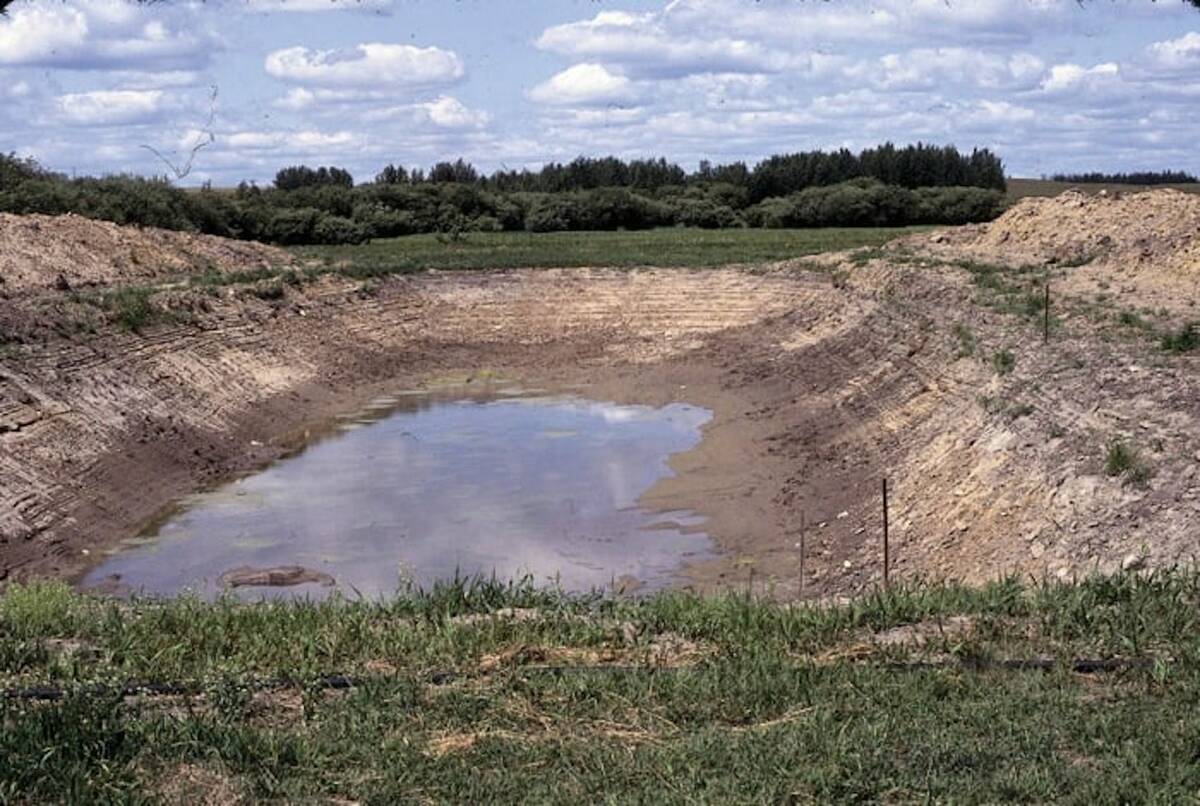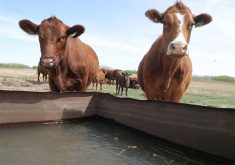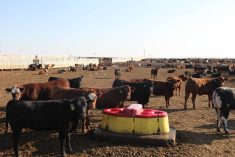Silage corn is tougher than many would think.
That’s the conclusion of a company that’s been testing varieties in southern Manitoba, which found that even areas cooler than the Red River Valley, such as the Dauphin-Ste. Rose area, appear to be able to produce corn without undue risk from the short season.
“It’s able to adapt,” Rick Storoschuk of Hyland Seeds told the recent Manitoba Special Crops Symposium. “If we had not been testing these products right close to home, we wouldn’t have known that.”
Read Also

Dry summer conditions can lead to poor water quality for livestock
Drought conditions in the Prairies has led to an decrease in water quality, and producers are being advised to closely monitor water quality for their animals.
Hyland’s research and testing facility in Carman, Man., allows it to test how heat-loving corn handles Canadian conditions.
Corn is a huge crop in the United States, but on the Prairies its range is mainly restricted to the Red River Valley, which receives more heat than the plains to the west.
Most farmers aren’t willing to risk growing corn outside the valley, but Storoschuk said his company’s results suggest silage corn could be an option for livestock producers outside the traditional zone.
With corn’s high energy and high yields, Storoschuk hopes the crop could become a staple food source if proven safe.
“Some of the silage corn you wouldn’t think would work for us in southern Manitoba because of their late maturity, but they do have a fit,” he said.
“We can grow these in specific areas and really maximize yields.”
Silage corn is different from grain corn. It is more leafy and has soft starch kernels and less lignin in the stalks.
Corn has been spreading in Manitoba, but not as quickly as soybeans. Storoschuk said farmers can easily embrace soybeans because it doesn’t require new headers or seeding equipment, can be done on a small scale and is hardier in poor weather conditions.
Corn probably won’t spread as far and as fast as soybeans, but Storoschuk hopes his company’s research will convince growers to give it a chance.

















